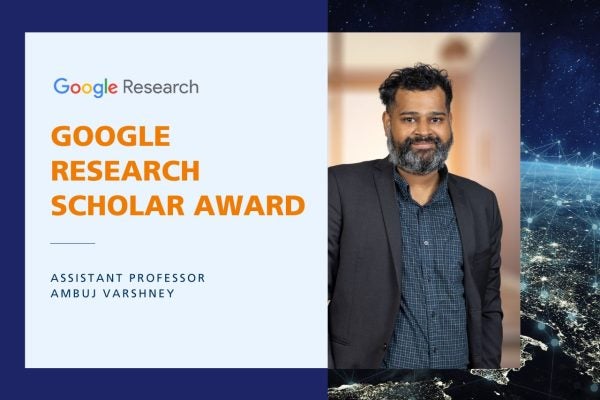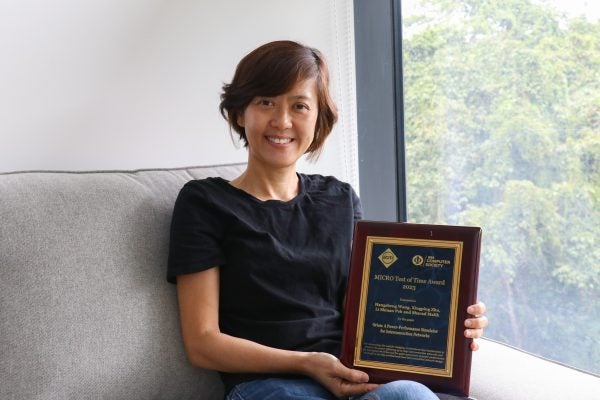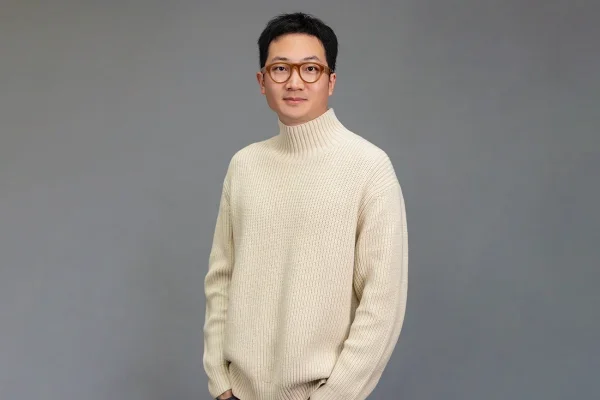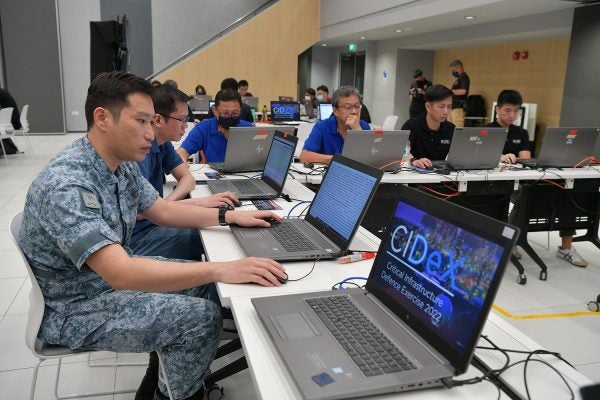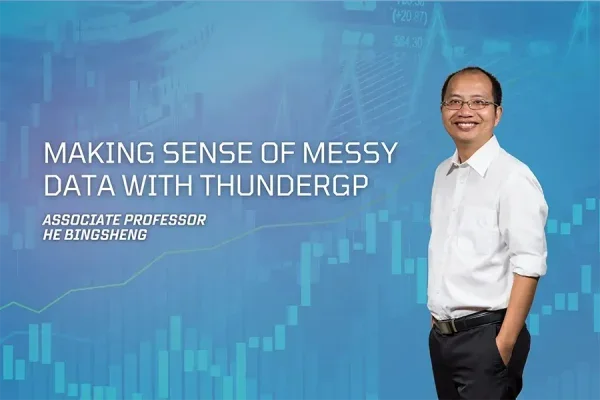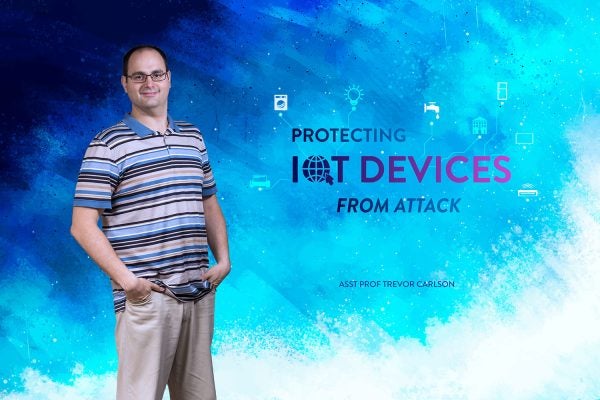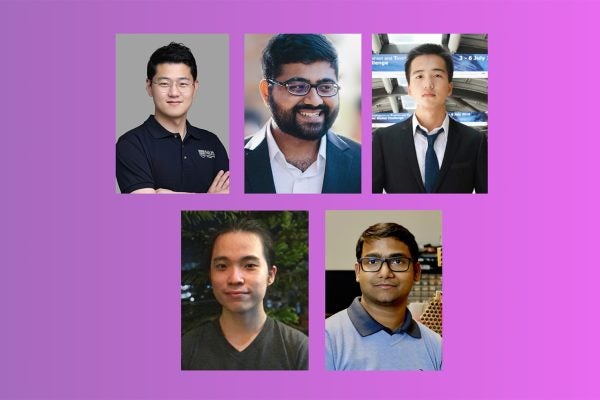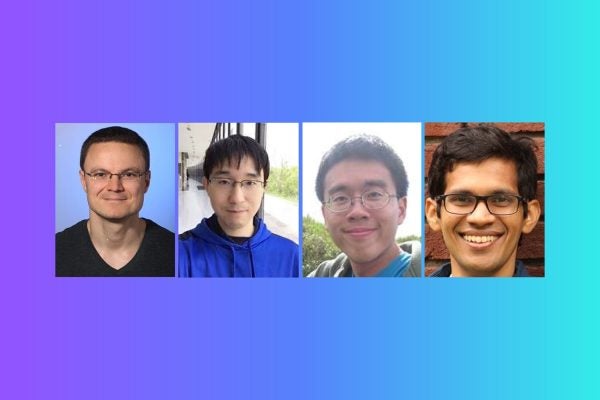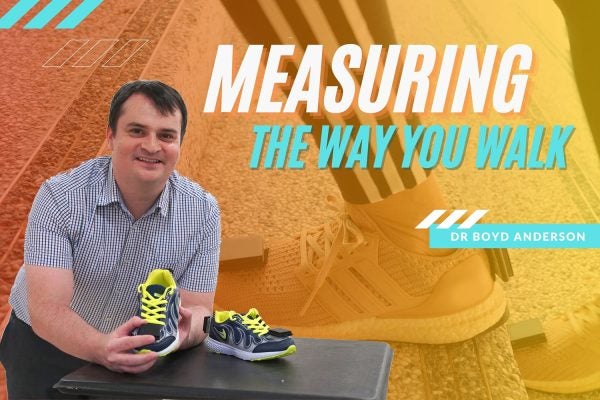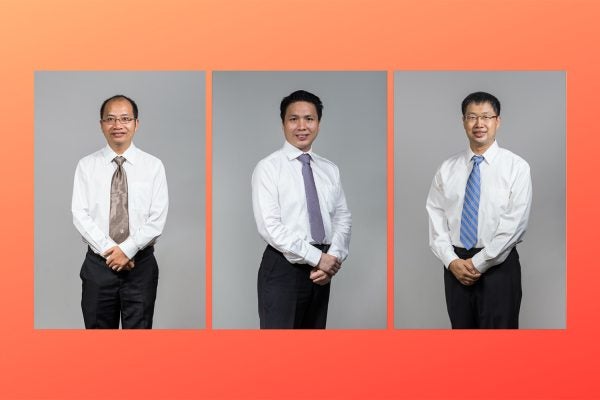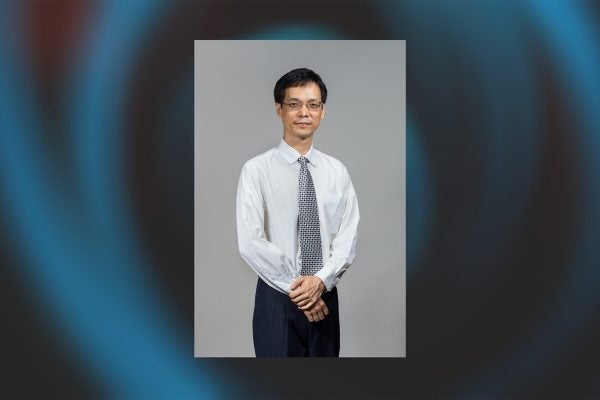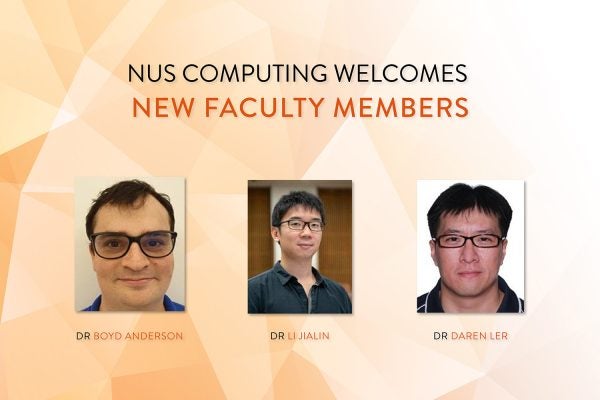Filtered by: Systems & Networking
It may not be possible for some Singaporeans to get their fix of The Mandalorian Star Wars TV series by using technological tricks to watch an overseas version of Disney+, such as before the video streaming service launches here officially on Feb 23. The Walt Disney Company told The Straits Times that in line with the Disney+ subscriber agreement, it does not allow users to access Disney+ using a virtual private network - to bypass geographical restrictions - in a territory where the service is not yet live.
Associate Professor Liang Zhenkai from the National University of Singapore (NUS) said that when a person uses a VPN, Disney cannot directly detect the overseas clients at the network level.
"These undetected IP addresses used by the VPN service are not easily blocked. If Disney gradually recognises the VPN provider's network, they can block it later," said Prof Liang, who is from NUS' Department of Computer Science.
This could happen if, for example, Disney detects a large number of unrelated users sending in requests from the same IP address, which suggests a delegation service like a VPN service is being used. But Prof Liang said that if the Disney+ app is used for streaming, there are other methods to recognise whether the client is from a different country, such as using the app store's region or global positioning system information of a mobile device.
The Straits Times, 16 February 2021
Life has gotten more digital than ever before. And the plusses of that for the environment has been clear…as in clear skies and clean air. What is not so clear however is this: when it comes to greenhouse gases, the Internet is responsible for 2% of global emissions. If the Internet were a country, it would be ranked as the sixth largest polluter in the world.
But the Internet is here to stay, so what can be done to make it greener? From individuals not hitting Reply All on emails or turning off Auto Play for videos, to data centres running on green energy and search engines giving back to the environment, host Prerna Pant looks at all the various ways we are Greening The ‘Net.
Pant also interviews Assistant Professor Trevor E. Carlson on how Internet usage is contributing to our carbon footprint.
Lettuce, mint and even tomatoes – Singaporeans may soon be able to grow these vegetables and more in their HDB flats.
Having witnessed “a deep psychological fear” when COVID-19 sparked panic buying here, Toby Fong and his team – superFARM – decided to bolster the nation’s food security. Their plan? Encourage green fingers through home-based farming.
“When we think about food security, it’s usually at a national level so it almost feels like the individual (is disconnected) from the entire food security equation,” said Toby, who graduated with a Master’s from NUS Architecture this year.
Under the “Make Our People Better” category, Toby, NUS Computing graduate Lim Hui Qi and NUS Arts and Social Sciences graduate Ong Jun Ren will design modular farming units that can fit into the smallest of homes. These units can also be customised for bigger spaces.
The plan is to transform niche hydroponics systems into functional mini-farms. In the next six months, half of their $50,000 funding will go to research such as field testing and online surveys, while the rest will be used for prototype development.
The team also wants to expand the individual’s role in food security to make sustainability a way of life.
“We want to recalibrate people’s attitude and behaviour to encourage responsible food consumption,” said Toby.
The Straits Times, 14 December 2020
NUS News, 14 December 2020
Say "no" when your child asks to use your work laptop to do his schoolwork, or set up a different user account on the work laptop for different activities.
There are ways to reset habits and practices for a more digitally secure 2021 as working and e-learning from home become the new normal even after Covid-19, said panellists at The Straits Times Reset 2021 Webinar Series: Digitalisation And Cyber Security on Wednesday.
The panellists comprised of Associate Professor Steven Wong from the Singapore Institute of Technology, Mr David Koh, chief executive of the Cyber Security Agency of Singapore; Associate Professor Chang Ee-Chien from the National University of Singapore School of Computing; and Mr Benjamin Ang, head of the Cyber and Homeland Defence Programme at the Centre of Excellence for National Security, a policy research think-tank.
Prof Chang suggested segregating devices at home by individual or workflow. For example, as far as possible, children should use a different desktop or laptop from the ones their parents use for work.
"If that is not possible, then try to segregate by setting up different user accounts on a laptop. Even if you have your own machine, you can segregate accounts for work, for family, or for playing games," he said.
"Segregation is about setting up security parameters, so that when something happens within that parameter it will not spill over to other (areas)."
When your robot vacuum cleaner does its work around the house, beware that it could pick up private conversations along with the dust and dirt. Computer scientists from NUS have demonstrated that it is indeed possible to spy on private conversations using a common robot vacuum cleaner and its built-in Light Detection and Ranging (Lidar) sensor.
The novel method, called LidarPhone, repurposes the Lidar sensor that a robot vacuum cleaner normally uses for navigating around a home into a laser-based microphone to eavesdrop on private conversations.
The research team, led by Assistant Professor Jun Han from NUS Computer Science, and his doctoral student Mr Sriram Sami, managed to recover speech data with high accuracy. NUS students, Mr Dai Yimin and Mr Sean Tan Rui Xiang, as well as Assistant Professor Nirupam Roy from the University of Maryland, also contributed to this work.
Mr Sami shared, “The proliferation of smart devices – including smart speakers and smart security cameras – has increased the avenues for hackers to snoop on our private moments. Our method shows it is now possible to gather sensitive data just by using something as innocuous as a household robot vacuum cleaner. Our work demonstrates the urgent need to find practical solutions to prevent such malicious attacks.”'
The core of the LidarPhone attack method is the Lidar sensor, a device which fires out an invisible scanning laser, and creates a map of its surroundings. By reflecting lasers off common objects such as a dustbin or a takeaway bag located near a person’s computer speaker or television soundbar, the attacker could obtain information about the original sound that made the objects’ surfaces vibrate. Using applied signal processing and deep learning algorithms, speech could be recovered from the audio data, and sensitive information could potentially be obtained.
AZO Robotics, 8 December 2020
South China Morning Post, 8 December 2020
TODAYOnline, 7 December 2020
Mothership.sg, 7 December 2020
Futurity, 7 December 2020
NUS News, 7 December 2020
Forbes, 22 November 2020
When a secondary school friend contacted him out of the blue a few months ago asking for a verification code on WhatsApp, administrative executive Tan Jun Heng, 25, did not suspect anything was amiss.
His friend simply claimed to have "accidentally" sent the code to his number. But within seconds of sending the code, Mr Tan was automatically locked out of his own WhatsApp account. It had been hijacked.
Mr Tan and his friends are among a growing pool of WhatsApp users who have become victims of social hacking, where scammers use already hijacked social media accounts to contact victims by posing as their friends or family.
National University of Singapore's Associate Professor Chang Ee-Chien, whose research interests include data privacy, said the impersonation tactics used by hackers are "very low-tech, but very effective, as people tend to trust their friends or family".
With full access to their victim's account, hackers may then exploit the victim's personal relationships and ask for money from friends or family. Or, if they glean enough information about their victim's place of employment, they may also target the victim's workplace, added Prof Chang.
However, experts say, there are preventive measures that users can take to prevent such attacks.
Ms Wong and AiSP executive committee member James Tan said setting up a two-step verification process on your WhatsApp account can prevent others from signing in to it. Users should not click on suspicious looking links, even if they are purportedly from friends or family, they added.
For impersonation scams, however, "the only solution is to not trust people", said Prof Chang. He added: "It is very important that you must presume that whoever is speaking to you on the other end is not your friend."
The Straits Times, 17 November 2020
The New Paper, 17 November 2020
Three NUS researchers have developed wearable devices that help perform gait analysis. The four sensors installed at the toe and heel of the shoes can detect the speed, rotation and step length of the user's movement. The data is reflected in the app in real time for analysis by the therapist.
Dr Boyd Anderson, a lecturer from NUS Computing's Department of Computer Science, said: “If you are an elderly person, you may be more frail when walking, and being able to quantify that is very important. If you’re a sprinter, seeing how every step hits the track is also very important for say, optimising your performance. Traditionally, you would use a clinical gait mat which is pressure sensitive."
Medical gait mats take up space and are expensive, costing upwards of $10,000. The cost of this device however, is expected to be under $500. In addition to relying on an inertial measurement instrument to measure acceleration and rotation during movement, the device also combines ultra-wideband radio technology to collect step lengths and step widths that are difficult to measure. Its accuracy rate is 97%.
The four sensors mounted on the shoes run on lithium batteries and has a battery life of 18 hours per charge. The research team has already applied for a technology patent. They are working to bring this technology to professional athletes who are looking to improve their skills.
The team is also looking at ways to incorporate the sensors for use in various running shoes.
India Education Diary, 6 October 2020
BioSpectrumAsia, 5 October 2020
NUS News, 5 October 2020
-
Computing 1
13 Computing Drive
Singapore 117417
© National University of Singapore. All Rights Reserved. • Legal • Branding guidelines


